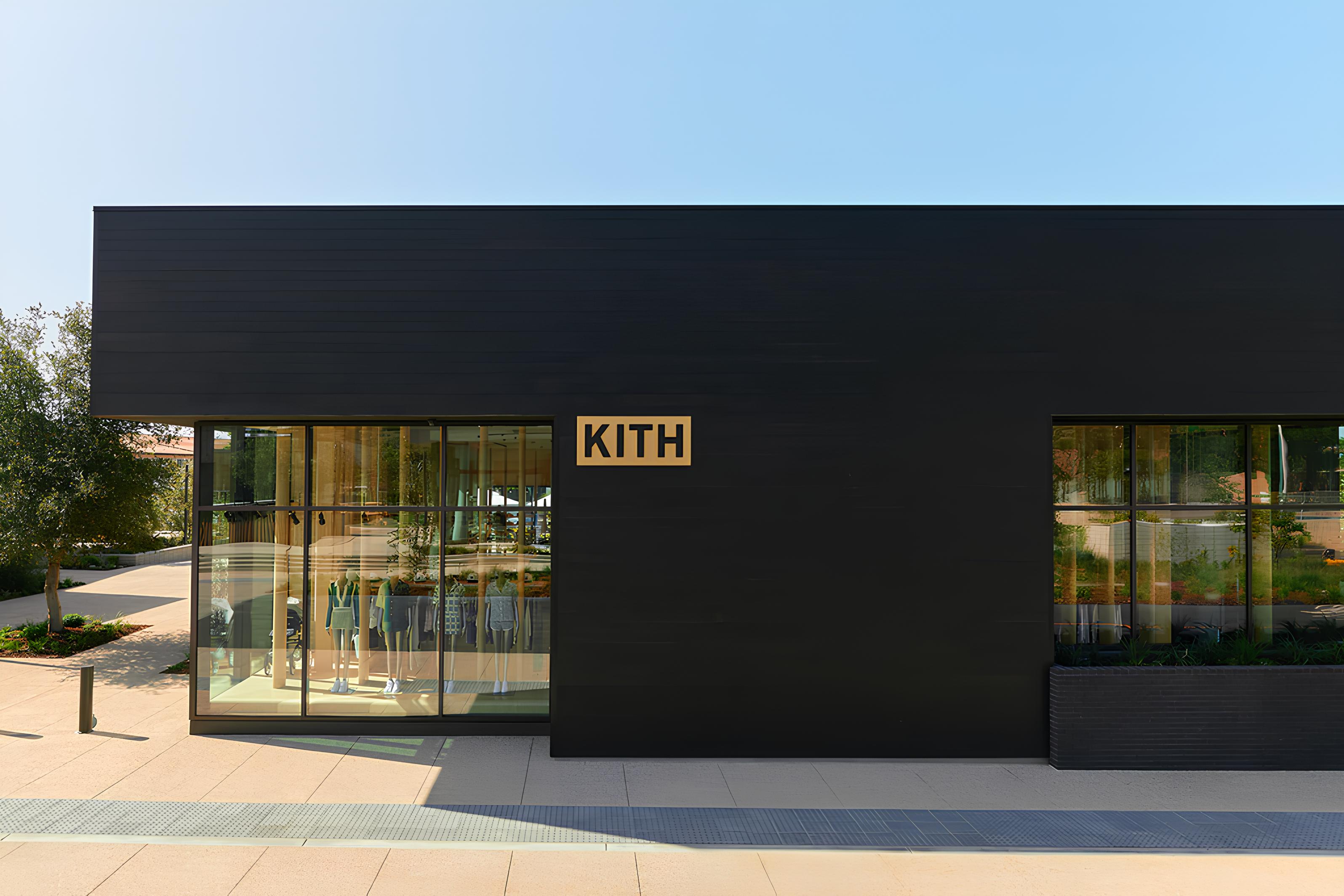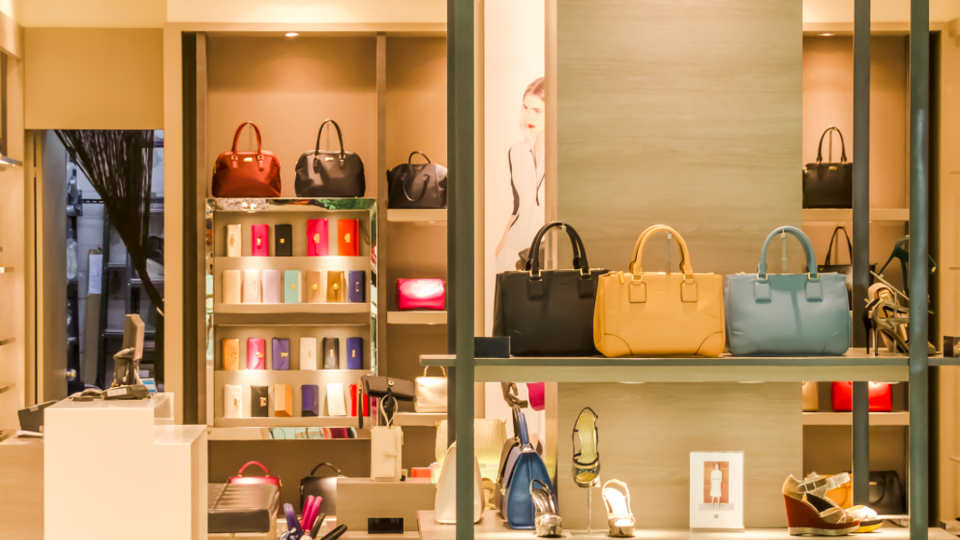
More than half of chief purchasing officers in the fashion industry see sustainability as a top priority, according to a new report from consulting firm McKinsey. However, less than 1 percent of products launched in the first half of 2019 were tagged “sustainable.”
Social and environmental sustainability has become a key priority for companies, but apparel brands are still struggling how to address the issue in their supply chain at a time when consumers have become more aware about effects that fashion has on the environment, a new report from consulting firm McKinsey and Company showed.
The survey, which reflects the views of 64 sourcing executives who are collectively responsible for a total sourcing value of more than $100 billion, showed that responsible and sustainable sourcing is a top priority on their company’s agenda – and an area in need of the greatest improvement within their companies.
While the majority of executives surveyed said they aspired to source at least half of their products with sustainable materials by 2025, the share of these products remains low. Less than 1 percent of products launched in the first half of 2019 were tagged “sustainable.”

Source: McKinsey and Company.
“Apparel companies are under increasing pressure to create transparency on their supply chains and to share that information with consumers,” the report said.
It found that companies see a real need to improve processes within their businesses like digitisation of sourcing, consolidation of supplier bases and end-to-end process efficiency.
Over the past few years, sustainability has risen to the top of the agenda for many fashion and luxury companies as consumers demand more transparency around sourcing. As consumers become more aware of the environmental effects from the fashion industry, their habits are clearly shifting to support brands that recognise these facts. Meaning that authenticity, transparency and communication are becoming increasingly important for companies to address.
Indeed, this year alone has seen some of the world’s biggest fashion companies including luxury conglomerate Kering sign a “Fashion Pact” pledging to make more efforts to address fashion’s impact on the climate, biodiversity and oceans. Another trend that has arisen is “carbon neutral” runway shows, with brands like Burberry, Gabriela Hearst and Gucci all announcing that they had offset their environmental impacts from the shows to balance out the effects.
The survey found that the biggest challenges that apparel companies see in terms of making these changes were the availability of sustainable materials as well the cost. 95 percent of the companies producing for the mass market confirmed that they see problems in availability of sustainable materials. And 89 percent of them believe this will be a stumbling block in the changeover to sustainable materials.
Welcome to Data Digest, our weekly breakdown of the latest data releases and reports focused on the luxury industry.
Cover Image: Photo by S O C I A L . C U T on Unsplash.










